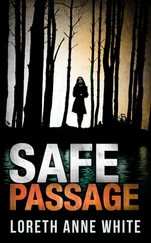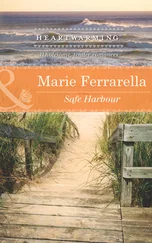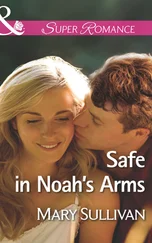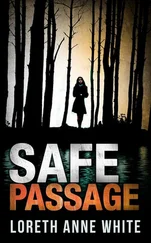The greatly gifted artist might find a few short cuts, and there was always the occasional phenomenon who conformed to few of these rules. But, generally speaking, any artist who succeeded in the international scene—in parts great or small—had this wealth of understanding and experience behind him or her. What we, the audience, enjoyed was the tip of the iceberg. Underneath was the firm base of knowledge and hard work that supported the performance.
The luckiest—and usually the most gifted—were those who came under the direct influence of one of the great musical directors. Directors like Serafin, Marinuzzi and probably Panizza, or Clemens Krauss, Bruno Walter and, a little later, Kleiber. These were men who knew exactly how to develop a voice rather than exploit it. Not all the greatest conductors had this special flair, though this is no criticism of them. They probably expected to handle the finished article rather than perfect it. This expectation is legitimate if the conductor is truly great and can recognize whether or not the singer is really capable of taking on the projected role. The operatic highways and byways nowadays are strewn with the wrecks of voices called in to support the prestige of a conductor rather than the cause of true singing.
This lack of basic development is combined with overexposure and over-performing. Everyone wants to hear everything today. By way of the airplane, which is no friend to a singer, artists rush to and fro doing their admired and over-recorded performance of this role and that.
Also, modern recording tends to inflate the size and quality of many voices. A “souped up” recording results in some attractive smallish artist being pressed to sing in large opera houses. The role is, in life, totally beyond his or her safe capacity. Very soon the individual colour and charm of the voice disappear, and another good singer fails to reach the legitimate goal.
In the space of a few paragraphs, one can mention only a few points, and the whole issue becomes oversimplified. But in those days, both abroad and here among our British singers, there was a great deal more of what Eva Turner has so aptly called the mixture of “inspiration, dedication and perspiration.”
We probably did not know how supremely fortunate we were. I suppose one never does until the light begins to fade. But in those happy days, there was a great deal of glory around us. Naturally, there were always older fans to assure us that we, who had not heard Destinn, Caruso, Plancon and other safely dead, could not possibly know what real singing was. One tactless old boy once asked Louise superiorly if she had heard “Ternina in ’02.”
Early in 1929, when the preliminary list of artists and works were issued, the name of Rosa Ponselle appeared for the first time. She was to sing three performances of Norma , in which she had recently made a sensation in New York, and two performance of La Gioconda .
This was news indeed! Louise and I had tremendously admired Ponselle when we had heard her in New York, and we felt in our bones—which were pretty reliable bones in matters operatic—that she was just what the Italian contingent at Covent Garden would rejoice in.
May 28, 1929. How often have those of us who loved her recalled that first night Ponselle sang at Covent Garden? We were at a fever pitch of excitement when, just before the queue moved in, a tall, striking—indeed, almost melodramatic-looking—figure sauntered up Floral Street and stood for a few moments at the corner. The whisper went round that this was Ponselle, though we found it hard to believe that the star of the evening would just stroll up like any of us. I was commissioned to walk past and take a good—though surreptitious—look at her as the Forza Leonora we had last seen on the stage of the Metropolitan. This I did. But we were still in some doubt until she walked along the street and in the stage door. That settled all disputes.
I am sure that no one who was there on that extraordinary evening will ever think of Norma as just a nineteenth-century coloratura role. It was written for a great singing actress. And by a great singing actress it must be played or, quite simply, be humbly left alone.
Years and years afterwards, Callas once said to me, “I think you know, Eeda, that to me, Ponselle was probably the greatest singer to us all. But can you tell me how we differed on the stage?”
A very interesting point. And, broadly speaking, the answer is that Ponselle played Norma almost as a goddess. One understood exactly why the tribe worshipped her; and when she proved so much a woman, the shock to the audience was almost a reflection of the shock to the tribe. Callas played Norma as a woman from the beginning, again employing her unrivalled gift of absolute pathos, combined, in this case, with a sort of passionate majesty.
Ponselle was a splendid actress and the greatest singer I ever heard. Callas was an uneven but splendid singer and, without question, the greatest actress I ever saw. How blessed indeed I have been to be alive in the same age as both of them!
At that first Ponselle Norma , I think what stunned us all was the almost unbelievable vocal control, displayed immediately in a “Casta Diva” of rocklike security but shimmering tone. She went on to give us an evening of drama and vocal splendour never matched in my experience.
Her voice was warm, as smooth as velvet, and of a dark, exciting colour. From top to bottom, she had a perfectly even scale. Basically this was a natural gift, but how she worked to perfect it! Indeed, it is interesting to read the old New York newspapers of November 1918 just after she made her sensational debut opposite Caruso. To every interviewer, she said the same thing: “Don’t tell me I’m a great singer. I’m going to be one.” And from then until she retired nineteen years later, at the criminally early age of thirty-nine, she never ceased to work like a slave.
Looking back over our years as opera-goers in many countries, Louise and I both consider Ponselle to be the greatest operatic artist we’ve ever heard. We are not alone. Farrar used to say, “When you are considering singers you must put aside Caruso and Ponselle, and then you may begin.” And Fred Gaisberg, in his book on the outstanding stars of recording, opines that “Rosa Ponselle was probably the greatest lirico-spinta that ever lived.” I would question that classification of her as a spinta; personally, I would call her a full dramatic soprano, as she was usually regarded. But we certainly agree that her voice was of unrivalled beauty.
Perhaps the most interesting opinion passed upon her voice was expressed by no less a person than Puccini. She met him only once, in the summer of 1924, a few months before he died, when she was staying at a villa near his home. One afternoon, Romano Romani, her teacher, took her to meet the composer, and he asked her to sing for him. She sang him his own “Vissi d’Arte” from Tosca —a role she never sang on the stage. And at the end he said, “Finalmente sento la mia Tosca—ma, ahime , troppo tardi.” —“At last I hear my Tosca —but, alas, too late.”
“What did he mean, Rosa?” we asked, when she told us the story years later.
“I don’t know,” she replied simply. “I suppose he already knew he was dying. I didn’t like to question him. I just treasured the words.”
Matchless Rosa! I am thankful that I heard every performance she ever gave in Europe. There were five in the first year at Covent Garden, seven in the second, nine—I think—in the third, and two performances of Vestale in Florence in 1933. I eternally regret not having heard her Donna Anna, her L’Africaine , her Luisa Miller, her Il Trovatore , her Santuzza and a dozen others. But, as will be seen later, we had claims on our time that could not be denied and we were unable to return to America during the years that mattered.
Читать дальше
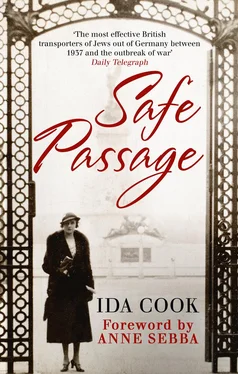
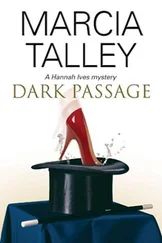

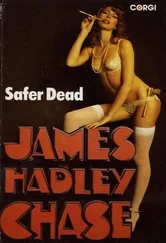

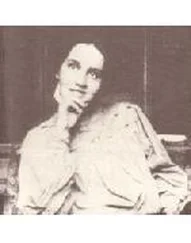
![Джеймс Чейз - Not Safe to Be Free [= The Case of the Strangled Starlet]](/books/417649/dzhejms-chejz-not-safe-to-be-free-the-case-of-the-thumb.webp)
